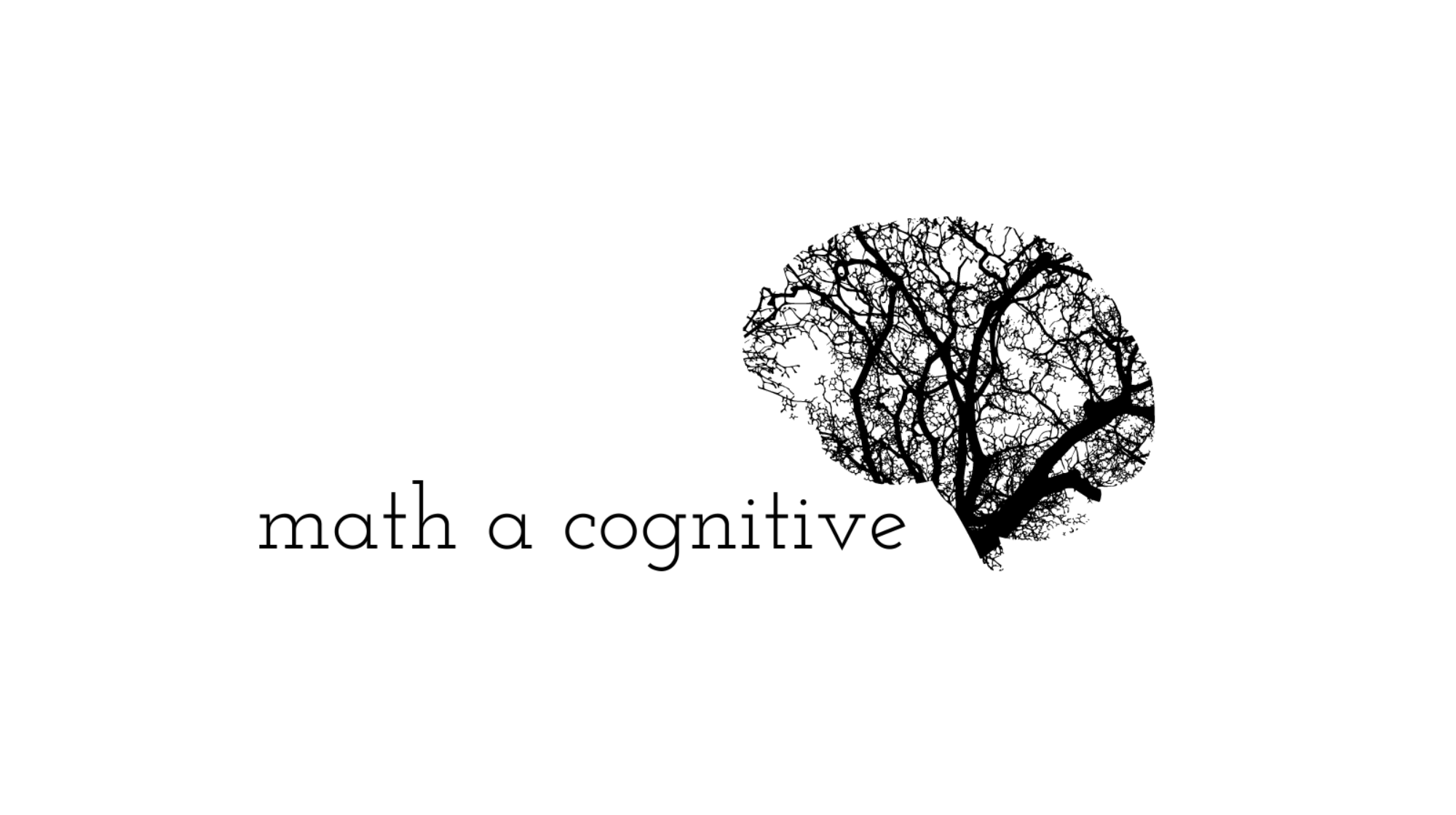If you knew me in person, you’d likely know I’m a planner.
(Actually, you might have figured that out anyways based on the number of posts on goals and the different planning guides/planners in my shop )
I like to know what’s coming and make a color coded list of steps to prepare, and I don’t particularly like changes. And, like everyone, I had lots of plans for this spring… but I did not plan for a pandemic and all that follows. One of the things I did plan for was presenting at MCAE’s NETWORK Conference, which was (like many things) cancelled for public health reasons.
Check out my original post for my (occasionally cranky, overachiever) take on self care
But, like it or not, we’re all working on plan B’s (or C, or D…) now. And the good folks at MCAE have a new plan: a webinar series.
This is a change I can get behind.
I’m super excited (and kind of humbled) that they asked me to present. The topic of self-care for teachers felt important in January when I first drafted it. It feels even more so now.
The Struggle is Real: Teacher Self-Care and Balance
Teaching is meaningful, important, rewarding…and hard. If we are to do our best work and sustain our efforts, we must find ways to manage the challenges, amplify the positives and maintain our energy. We’ll explore practical steps busy teachers can take.
May 11, 1-2:00 PM
Click here to check out the full (super relevant and timely!) series. And Massachusetts folks, please register!
If you can’t make it on the 11th, MCAE will be recording the webinar, and posting it to their website.
Or, for the DIYers, I put the self care action planning sheet we’ll be using in my TPT shop. (Free for now, not forever)


